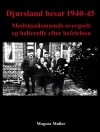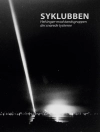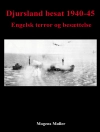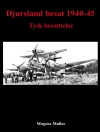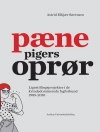Taking an interdisciplinary approach, this volume offers an overview of the role of writers, intellectuals, citizens, and the churches both before, but particularly after, 1989 in the GDR and the new Germany. Friedrich Schorlemmer provides the focal point, giving the book its coherence. Issues related to his role in the GDR church and citizens movement are examined, as well as his support for GDR writers both before and after unification, and his own writings on east and west German literature. After general surveys on intellectuals, civil rights groups, opposition movements, and churches in the transformation of east Germany the volume focuses on Friedrich Schorlemmer himself: a chapter on the significance of the role that he played is followed by interviews with him and an original essay by him, giving his personal view of the role of intellectuals, citizens, and writers in east Germany.
The volume is rounded off by a chapter on the reactions of lesser known writers, and, finally, on the responses of prominent GDR writers to unification and on the changing role of writers in society. Combining literary and cultural with social and political analysis, this volume provides a lively and multifaceted picture of the new Germany.
Over de auteur
David Rock teaches in the Department of Modern Languages at the University of Keele.



